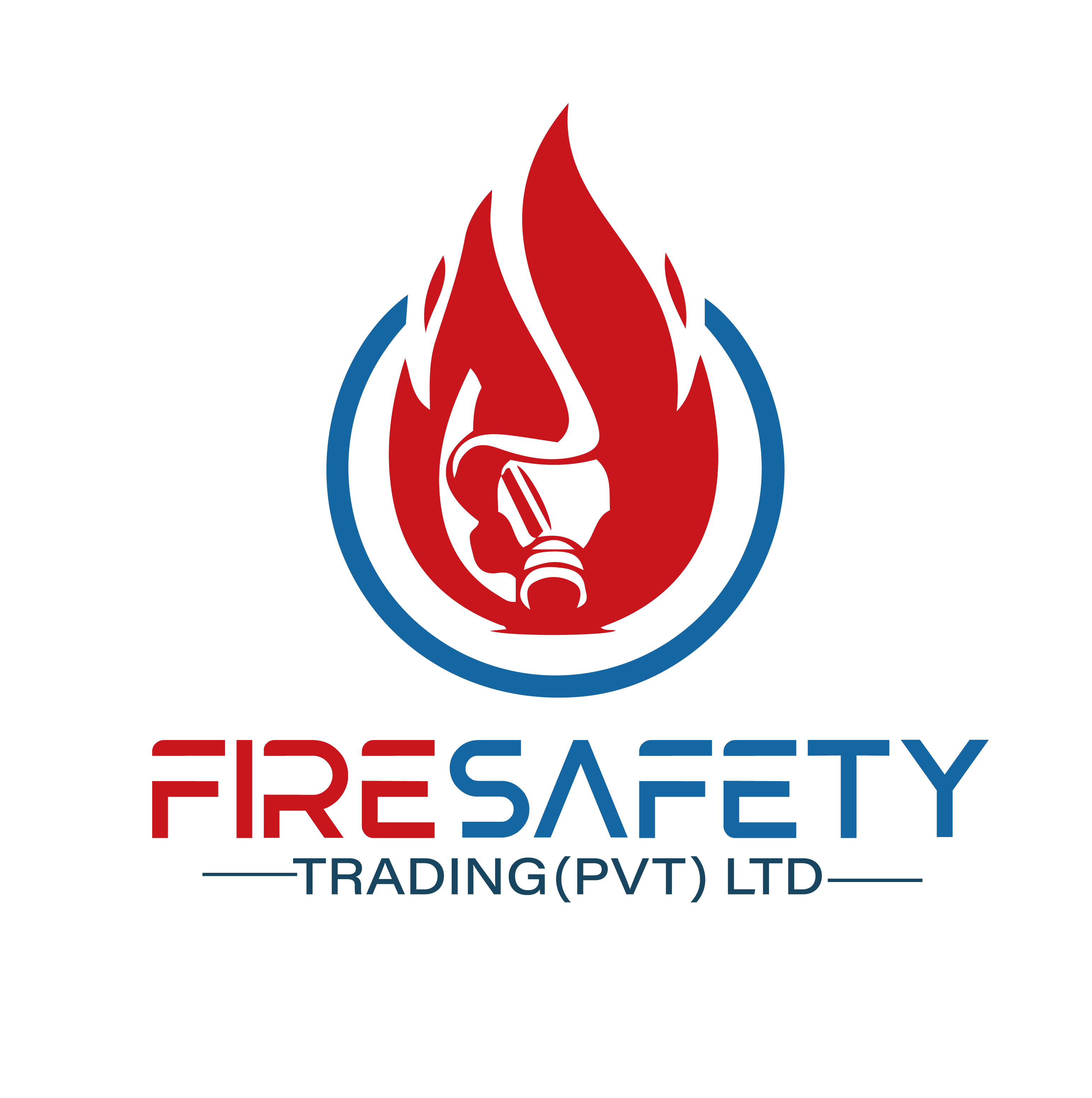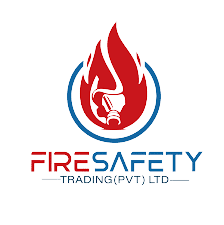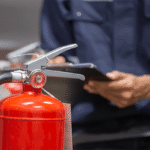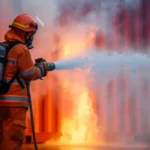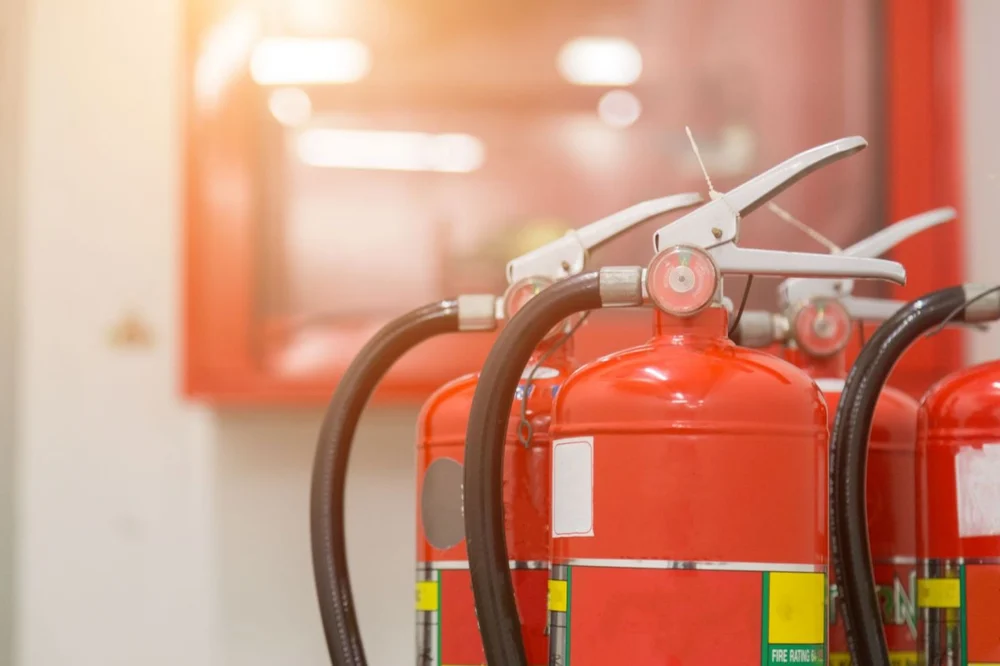Running a restaurant in Pakistan comes with many responsibilities, but one of the most important is ensuring strong fire safety. Kitchens are high-risk environments because they involve open flames, hot oil, electrical appliances, and continuous activity. A small mistake can turn into a major fire within seconds, damaging property, shutting down the business, and putting staff and customers in danger. Proper fire safety measures protect lives, equipment, and the long-term reputation of any food establishment.
Understanding Why Kitchen Fires Happen
Most restaurant fires start because of the busy, fast paced kitchen environment. Grease buildup, faulty electrical wiring, unattended cooking, and gas leaks are some of the biggest risks. When multiple stoves, fryers, ovens, and cylinders operate at the same time, the chances of overheating increase. Restaurants in Pakistan, especially small cafés and dhabas, often ignore regular inspections, which makes the danger even greater. Understanding these risks helps owners take action before a fire breaks out.
Train Kitchen Staff in Fire Safety Basics
The first step in preventing fires is educating the team. Every cook, assistant, and cleaner should know how to react when they see smoke, a spark, or a flame getting out of control. Staff must understand how to turn off gas valves quickly, unplug appliances safely, and use fire extinguishers confidently. Regular training sessions and short demonstrations ensure everyone stays prepared. When staff are trained properly, they can stop small incidents from becoming major accidents.
Control Oil and Grease Buildup
In Pakistani kitchens, frying food is extremely common. This makes grease buildup one of the biggest fire triggers. When oil spills on burners or gets trapped in filters and vents, it becomes highly flammable. Keeping stoves, fryers, and chimneys clean reduces the risk dramatically. Daily cleaning prevents grease from sticking, while weekly deep cleaning keeps the entire cooking area safe. Owners should make cleaning schedules part of their kitchen routine to maintain a safe working environment.
Install the Right Fire Safety Equipment
Every restaurant needs proper fire protection tools that match the type of risks involved. Kitchens should never rely on one extinguisher only. For cooking oil and fat fires, a Class K or wet chemical fire extinguisher is essential. For electrical fires, a CO2 extinguisher works best. Dry powder extinguishers are useful for mixed fire types but should not be used on burning oil. In addition to extinguishers, restaurants should install fire blankets near frying stations. Fire-resistant aprons, gloves, and covers give additional safety to staff working near high flames.
Monitor Gas Lines and Cylinders Regularly
In Pakistan, many restaurants use LPG cylinders, which require extra care. Gas leaks are silent but extremely dangerous. Owners should check hoses for cracks, ensure regulators are working properly, and replace worn-out parts immediately. Never store cylinders near stoves or heat sources. Always keep them upright, in a ventilated area, and secured to prevent falling. If staff smell gas, they must turn off the main valve immediately and avoid using matches or electrical switches until the leak is fixed.
Keep the Kitchen Well-Ventilated
Ventilation plays a major role in preventing fires. When smoke or heat builds up in closed spaces, flame intensity increases. Proper exhaust systems help keep the air clear and prevent grease from settling on walls and ceilings. Regular maintenance of exhaust ducts ensures grease does not accumulate inside, which can ignite from a single spark. Good airflow creates a safer and more comfortable working environment for kitchen staff.
Avoid Overloading Electrical Circuits
Modern kitchens rely on blenders, ovens, refrigerators, grills, fryers, and other appliances. When too many devices are plugged into the same circuit, wiring can overheat and cause sparks. Electrical fires spread quickly, especially in areas where oil is present. Using high-quality wiring, avoiding loose connections, and giving each heavy appliance a separate plug reduces the chances of a fire. Restaurant owners should hire certified electricians for proper installation and inspection.
Create Clear Emergency Procedures
Even with precautions, accidents can still happen. That’s why restaurants must have a simple, clear emergency plan. Staff should know how to activate fire alarms, guide customers safely outside, and call emergency services immediately. Fire exit doors should never be locked or blocked with boxes or supplies. Emergency lights should remain functional so people can see their way during a power outage. Clear communication during emergencies reduces panic and helps everyone reach safety.
Store Flammable Items Properly
Items like cooking oil, cleaning chemicals, paper napkins, and packaging material must be kept away from flames. Storing them near stoves or hot appliances increases fire risk. A designated storage area helps maintain order and safety in the kitchen. Containers should remain sealed and placed on shelves away from heat and sparks.
Conduct Routine Inspections
Fire safety is not a one-time effort. Restaurants need routine checks to identify hazards early. Daily inspections should include checking burners, gas cylinders, electrical appliances, and exits. Monthly inspections should involve professional technicians who can examine gas systems, wiring, and fire safety equipment. Preventive maintenance ensures everything remains in safe working condition.
Final Thoughts
Fire safety is a responsibility no restaurant owner should ignore. A safe kitchen protects employees, customers, and business investments. By training staff, keeping equipment well-maintained, installing the right safety tools, and following a clear emergency plan, restaurants in Pakistan can prevent most fire-related incidents. A few simple steps taken today can save lives and protect property tomorrow.
